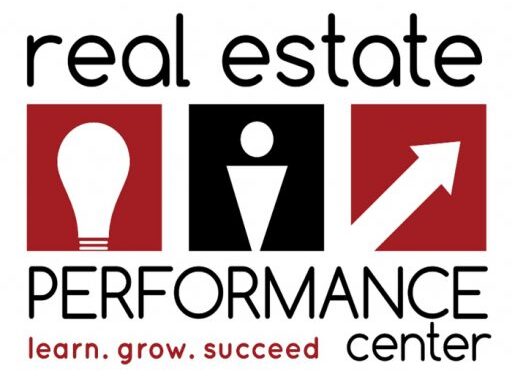You know what they say about death and taxes… well, if you’re a property owner, then you should be familiar with property tax. Having served on the Glynn County Board of Equalization since 2011, I have found that most property owners have no idea of how property tax works, how to read their tax assessment notice or tax bill, or what exemptions may be available to them.
Today, I’ve decided to dive into tax exemptions and how they work…

As real estate professionals, I think it is incumbent upon us as Buyer’s agents to ensure each of our clients understand what unique tax exemptions are available in whatever county/jurisdiction the property is located. While the state offers numerous exemptions for charities, religious organizations etc., today, I decided to discuss three(3) of the primary exemptions that affect the average homeowners in Glynn County.
As real estate professionals, I think it is incumbent upon us as Buyer’s agents to ensure each of our clients understand what unique tax exemptions are available in whatever county/jurisdiction the property is located. While the state offers numerous exemptions for charities, religious organizations etc., today, I decided to discuss three(3) of the primary exemptions that affect the average homeowners in Glynn County.
Homestead Exemption
Georgia’s Homestead Exemption is kind of a joke. Why do I say this? Well, when it was originally passed in the 1930’s when average home price was about $7,000 the $2,000 exemption was a fairly significant benefit. Fast forward to 2023 where the average home value is in the mid-$300,000s, the Homestead Exemption in Georgia still remains $2,000. Yes, you read that correctly… it is STILL only $2,000!
What this means is this:
In Georgia, all property is taxed at 40% of Fair Market Value (FMV). So if your property was valued at $100,000, you would be assessed taxes on $40,000. With the Georgia Homestead Exemption, that amount would be reduced by $2,000 so you would be on the hook for paying taxes on $38,000.
Scarlet-Williams Act (L5)
In Glynn County there is a unique tax exemption referred to as Scarlet-Williams Act or L5 in Tax Assessor’s classification language. Designed to protect primary homeowners in Glynn County from being taxed out of their homes due to high-activity from investors that can raise values, this exemption effectively freezes the taxable value (aka assessed value) to 40% of the FMV at the time of filing.
This means that if you file when your property is valued at $100,000 and your assessed (taxable) value is $40,000, that $40,000 is frozen regardless of any future increase might occur with your Fair Market Value. So if you filed in 2019 at a FMV of $100,000 and this year, your FMV rose to $300,000, you will still only be taxed on $40,000 not 40% of $300,000 which would be $120,000. That’s a huge savings.
By the way, if your FMV goes DOWN below $100,000, then you will taxed at 40% of the lower amount. Essentially, this ensure you will NEVER pay taxes on an assessed value over $40,000 no matter what happens to the value but you could pay less if the market drops.
Age-Related Exemptions
Many counties in the state offer relief from the school portion of the property bill based on age. Glynn County is no exception. The age limit is 65 in Glynn County and there are various income qualifiers involved. You should talk to the fine folks at the Tax Commissioner’s office for all the details!
So to show how much the school portion of our property taxes affect imagine if your tax bill was $1,800. Almost $1,100 of that goes to into the school fund. That reflects approximately 61% of your tax bill. Now, imagine if you could exempt that amount. Your tax bill would drop to only $700. So in this case, getting old has its advantages!
The issue I’ve seen over the years is that many primary homeowners who come before the Board of Equalization have never been informed of the their exemption options such as L5 /Scarlet-Williams and the age-related exemption and have been subject to rising taxes due to rising values or paying needlessly into the general school fund.
Sure, as a homeowner, it is your responsibility to understand how taxes work, but I think this is where working with a real estate professional can be a great benefit.

